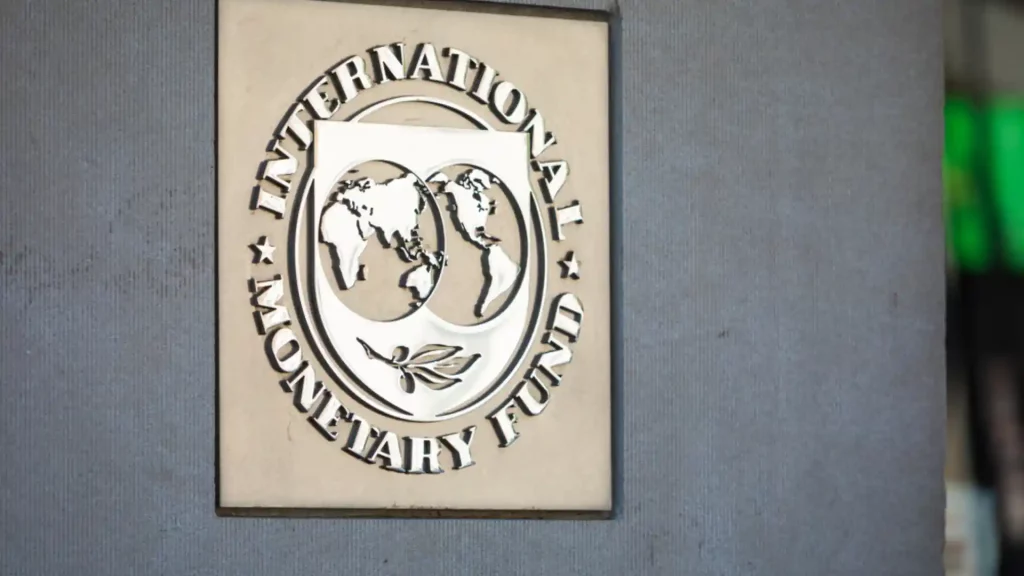The fund projects that if the Israel-Gaza conflict slows down in Q1 2024, then the growth of the MENA region can surpass the projected 2.9% for the current year.
The International Monetary Fund (IMF) has downgraded its projection for growth in the Middle East and North Africa region owing to the ongoing adverse impacts of the Israel-Gaza conflict, lowered oil conflict, and quantitative tightening.
The fund projects that if the Israel-Gaza conflict slows down in Q1 2024, then the growth of the MENA region can surpass the projected 2.9% for the current year.
They revised their October outlook of growth prediction for 2024 by decreasing 0.5% from the October projection of a growth outlook of 3.4% for MENA economies, said Jihad Azour, Director of IMF’s Middle East and Central Asian Department at the recent Regional Economic Outlook for the Middle East yesterday.
The change in forecasts was due to the reduction in oil output by OPEC members and the harmful effects of the ongoing regional conflicts. The economies involved in the war are facing harsh repercussions, especially strenuous debt pressure, and super-high inflation.
The attacks on shipping vessels in the Red Sea have also increased the intensity of the impact of the conflict, hampering global trade lines and raising cargo costs. The decrease in oil output by large oil producers has dented the overall GDP growth. The non-oil sector has fortunately performed well to give a breather to policymakers.
After looking at last year’s growth of 2%, the fund assumes the MENA economies will grow by 4.2% in 2025. These statistics are based on the assumption that the negative economic impacts will be balanced out after the conflict ends and the non-oil sector continues to increase its contribution to the GDP.
As for the United Arab Emirates (UAE), the IMF anticipated an economic growth of 3.8% for this year. The UAE is less prone to a fall in revenue by output cuts as it enjoys a robust non-oil sector equipped with its flagship tourism destinations.
The fund is worried for the MENA region as the near future still remains uncertain, as any escalation or spread of the Gaza conflict and Red Sea security concerns can impart deadly economic consequences.
There has been one ray of hope in the form of a positive development. Inflation has begun to fall in almost every major economy aligned with global trends, excluding some countries with specific issues.
The regional economies grew at an exponential rate of 6.7% in 2022 but were caught amidst challenges of reduced oil production, natural calamities, tighter policies, and growth reduction.
The Israel-Gaza conflict has become a humanitarian crisis, with a loss of 24,000 people in the first 100 days. It has replaced almost 85% or 1.9 million of the population internally.
The war is on the brink of becoming a large regional war as there has been the involvement of Lebanon, Jordan, and Syria in attacks on Israel.
The Red Sea has become too dangerous as the Yemen Houthi rebels are attacking ships passing through the trade route connecting Asia and Europe.
During the first six months of 2023, the Suez Canal connecting the Red Sea with the Mediterranean Sea handled 12% of global trade, 30% of global container traffic, and 8% of LNG supplies.
As reported on January 21, the 10-day cumulative shipping volume through the Suez Canal was reduced to a 50% YoY basis.
The IMF has revised a reduction of growth forecast for the GCC economies to 0.5% for last year, 1% down from their October outlook. Meanwhile, the Gulf bloc is estimated to sustain challenges by growing at 2.7% this current year.
Inflation in MENA nations is expected to remain moderate at 14.4% for 2024. For MENA exporter countries, the headline inflation is projected at an average of 8.7% and 7.9% for 2024 and 2025, respectively.
The fund said that Consumer inflation will remain high in emerging and middle-income nations of the region at 25.6%. Lower-income countries like Sudan and Yemen will have to bear a consumer inflation of 69.9%.
